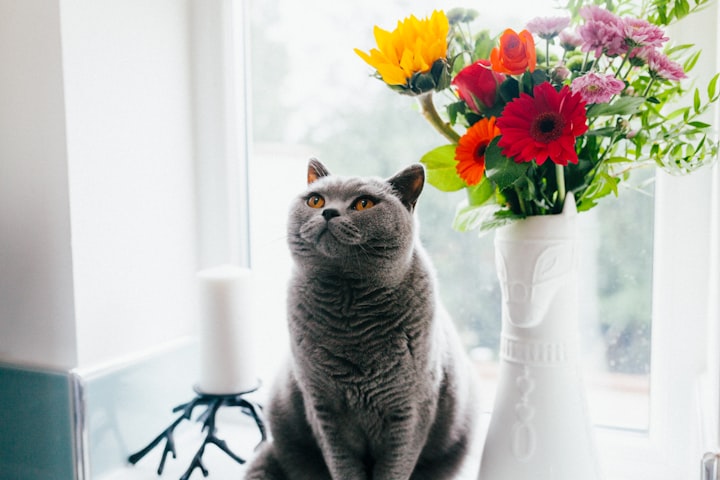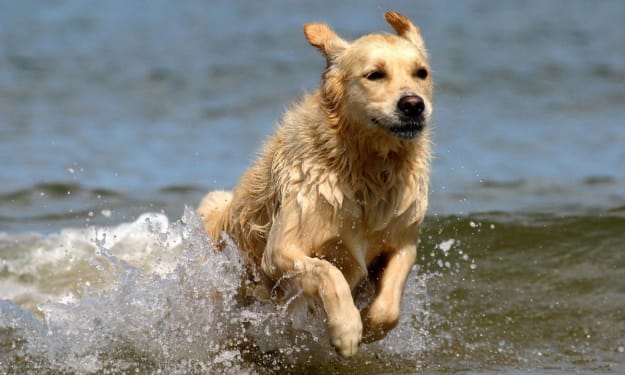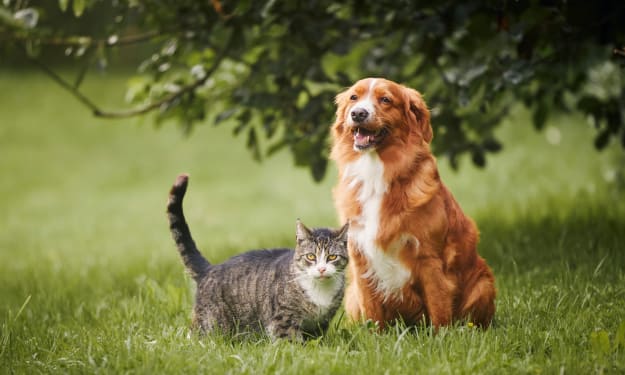Cats only need 72 hours to read your position in the home.
5 things that make cats understand who's in charge

Cats are good at reading humans.
Rather than this animal being accepted 5,500 years ago for its ability to hunt mice, it is better to say that it was because the cat had a clear insight into the human mind.
There is a novel school of modern zoology that believes that 5,500 years ago, cats were not good at catching mice, but good at making themselves seen to be catching mice.
Back then they eliminated fewer rats than the snakes that survived in human areas, as well as skunks.
But cats were always just right to make people see: Wow, this very cute animal is helping us catch mice.
Cats know what people want to see and cleverly provide the necessary material to humans.
Today, 5,500 years later, cats still retain the strengths of their ancestors, and have even upgraded them.
Cats can quickly learn a person's place in the group and are especially good at quickly understanding who has the say in the group.

When a cat enters a group of humans, it only takes 72 hours to understand the ranking of the people in the group.
The cat will divide the people into five categories, and if the number of people in the human group is less than five, there will be one person with multiple horizons: the
The big head of the human: the rest of the human members can reprimand, have the final word on matters of the human group, and the rest of the members maintain a very high level of polite respect for them. To the cat, this person will generally take the initiative to please.
Food protectors among humans: Cats do not think that humans will hunt for them, but they think that food will be hidden by humans, and these will hide food, for cats are food protectors.
Servants among humans: often reprimanded, in a lower class, in the observation of the cat, this type of people serve the human big head around.
Older humans: Cats can clearly distinguish the age of humans, and they can quickly understand that older humans tend to have a high status, but it is possible that they are not able to make a decision.
Young humans: Cats also have a clear understanding of human children, they will know where the limits of their contact with young humans are, and cats will judge the status of children by observing the attitudes of adults toward humans.
The cat will sort out a clear pulse within 72 hours.
During these 72 hours, the cat will make several attempts to help itself judge.
The cat will make provocation the human slave while observing the attitude of the human alpha.
The cat will identify the human alpha's favorite objects and make contact with or even destroy them, judging its way of handling them by the human alpha's attitude.
Cats will spend at least 6-8 hours to determine the clear relationship between the elderly and the human big head. Experiments from Cat-Res show that cats seem to be able to distinguish such subtle relationship differences between human parents and parents-in-law.
Cats will constantly observe young humans and try to figure out the specific relationship between young humans and human macrocephalus.
Cats will find gaps in the actions of food protectors, and a certain pattern of action.
Most importantly for the cat, it must be clear which human leader is in charge of the human group.
Because cats know that their quality of life, to a large extent, depends on the human.
The cat will observe 5 things to determine who is in charge in this household.
Who eats first? For cats, the highest status in the group is the one who eats first. But all cats can tell when a young human eats first does not fall into this category. Some very smart cats can understand the subtle differences between the oldest and the oldest leader in the matter of eating first.
Humans reprimand and are reprimanded. Cats will happily and surreptitiously observe every human interaction and gather as much information as possible. Cats will discover which people are in a vulnerable attitude when reprimanded.
Sleeping and sentry duty. Late sleepers are perceived by cats as having a lower status. Cats do not understand the concept of "staying up late" in humans and will see this as a sentry and vigilant behavior in this large animal.
Food predator. Cats will observe where their food comes from. Whenever a person returns home with food from outside the home, the cat will watch carefully, and the cat will think that the ability to take food back to a higher status. But some clever cats will soon discover that many of the human slaves will also take on this food-hunting duty, at which point they will judge the status by observing who eats the food first.
Who owns the young? Cats will assume that the one who has the right to reproduce is in a higher position. This is one of the reasons why cats tend to be well-behaved when adults have children in their homes.
If you want to make your cat feel that you belong to a high-status human, you can try these small details.
But cats don't care as much about the status of humans as dogs do.
For cats, they read humans to make them work better for them oh.
About the Creator
Rachel Caspari
Life is just a series of trying to make up your mind.






Comments
There are no comments for this story
Be the first to respond and start the conversation.